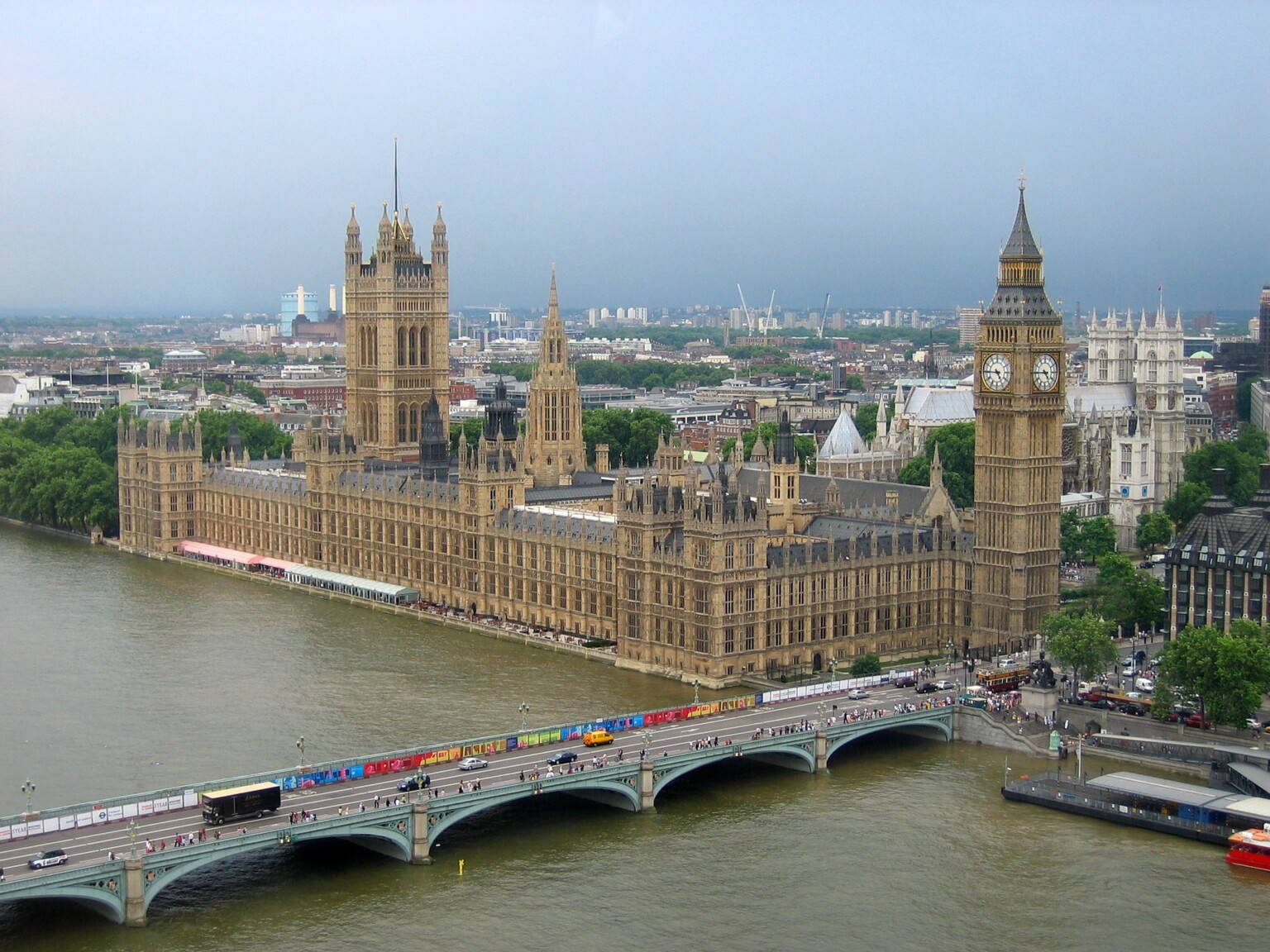In March 2022, following the Russian invasion of Ukraine, the UK government passed the Economic Crime Bill, known as the Economic Crime (Transparency and Enforcement) Act, as a means to address the exploitation of the UK’s financial system by Russian oligarchs. While the long-awaited bill was welcomed by the financial community, observers suggested that it did not go far enough to tackle Russian money laundering in the UK. Accordingly, in September 2022, with Russian aggression against Ukraine ongoing, the UK announced the introduction of the second Economic Crime Bill.
The new Economic Crime Bill will bring additional anti-money laundering (AML) measures to bear against inflows of illicit money, including new powers for Companies House and new private sector information sharing obligations. With parliament now discussing the second Economic Crime Bill, it is important that UK firms understand how the imminent legislation differs from its previous version, and how to comply with the new regulations.
What is the UK’s second Economic Crime Bill?
The second version of the Economic Crime and Corporate Transparency Bill was introduced to Parliament on 22 September, 2022. One of the first acts of Prime Minister Liz Truss’ new government, the passage of the bill suggests that financial crime will be a priority for UK authorities going forward, with a strong regulatory focus on money laundering by foreign criminals, and on promoting the UK’s reputation as a legitimate business destination.
The bill introduces the following measures:
Companies House reform: Under the second Economic Crime Bill, the UK’s Companies House will receive enhanced investigation and enforcement powers in order to “become a more active gatekeeper over company creation and custodian of more reliable data”. The powers will include the authority to “check, remove or decline information submitted to, or already on, the Company Register”.
Limited partnership reform: The Economic Crime Bill will modernise limited partnership regulations and address their criminal misuse by foreign persons. The new measures include tighter registration requirements, increased transparency, and a requirement for companies to maintain a connection to the UK.
Cryptoassets: UK law enforcement authorities will receive new powers to quickly seize and recover cryptoassets that are acquired through money laundering or other types of financial crime.
Anti-money laundering regulations: The bill strengthens UK AML powers in the following ways:
- Reform of information sharing rules, including the removal of civil liability for breaches of confidentiality when firms share information for the purpose of addressing economic crime.
- Removal of the requirement for a suspicious activity report (SAR) before the UK’s Financial Intelligence Unit (FIU) can issue an Information Order (IO) in order to obtain information about suspected money laundering or terrorism financing.
- An increased focus on high value criminal activity, including the reduction of the AML reporting burden, in order to prioritise private sector and law enforcement AML resources.
How does the second Economic Crime Bill differ from the first?
The first version of the Economic Crime Bill was first drafted in 2018. A long awaited legislative measure, the bill’s implementation was delayed for years as the country’s financial priorities changed – even as the UK’s legal and financial communities urged the government to move forward. The invasion of Ukraine provided the impetus for the bill’s passage and it was introduced to parliament on 1 March 2022. The first Economic Crime Bill set out the following measures:
- Overseas entities register: A register of overseas entities that own property in the UK. The register includes beneficial ownership information.
- Unexplained wealth orders: An adjustment to the requirements for issuing unexplained wealth orders (UWO). The bill made it easier for authorities to issue UWOs by increasing the evidence review period, lowering legal costs for unsuccessful prosecutions, and broadening the list of possible targets of an order.
- Sanctions liability: The introduction of strict liability for sanctions breaches. In practice, this means that the Office of Financial Sanctions Implementation (OFSI) may impose penalties without establishing that the offender knew they were breaching sanctions rules.
Upon its introduction, many UK politicians and observers predicted that the first Economic Crime Bill would need to be strengthened in the future. Then Home Secretary Priti Patel announced that while the bill focused on the measures that would “have the greatest impact and the greatest enablement”, another bill would be forthcoming because “we simply cannot get all the measures in right now.”
The measures set out in the second Economic Crime Bill specifically address many of the lingering vulnerabilities of the first, with broader requirements for transparency and new responsibilities and powers for financial institutions and authorities. In the past, for example when registering a company in the UK, foreign criminals were able to exploit a lack of checks in order to move illicit funds into the country. Under the new bill, Companies House will now have greater powers to detect foreign money launderers and prevent them from misusing the UK’s financial system, while private sector businesses will be able to share information about suspicious customers more easily.
The second Economic Crime Bill also includes a significant modernising effort, specifically targeting money laundering activities involving cryptocurrencies, and making it easier for UK authorities to seize and recover illegal crypto assets.
How to comply with the new Economic Crime Bill
With Russia’s aggression against Ukraine likely to continue into 2023, UK firms must understand how the second Economic Crime Bill will affect their compliance responsibilities, and adjust their risk management solution accordingly. When it was introduced in March 2022, the first Economic Crime Bill required firms to review their sanctions compliance solution and risk management processes. Building on those measures, the second Economic Crime Bill will require firms to strengthen further in those areas with a global focus on customer data collection, analysis and management.
To manage those new compliance requirements, firms must seek to integrate a powerful software solution capable of drawing from multiple global sources, and dealing with structured and unstructured data. With that goal in mind, Ripjar’s Labyrinth Screening platform has been designed to meet the risk management needs of UK firms in a changing, and challenging, compliance landscape. Labyrinth facilitates real-time search of global data sources, including sanctions lists, watch lists, and adverse media in 21 foreign languages, ensuring that your firm knows as soon as possible when a customer’s risk profile changes, or when new regulations alter the compliance environment.
Integrating next generation machine learning technology, Labyrinth Screening promises to help you manage your UK risk liability accurately and efficiently, while reacting quickly to regulatory changes, such as new sanctions against Russia.
To find out more about how Ripjar can help your firm comply with UK AML regulations, contact us today.
Last updated: 31 December 2024





